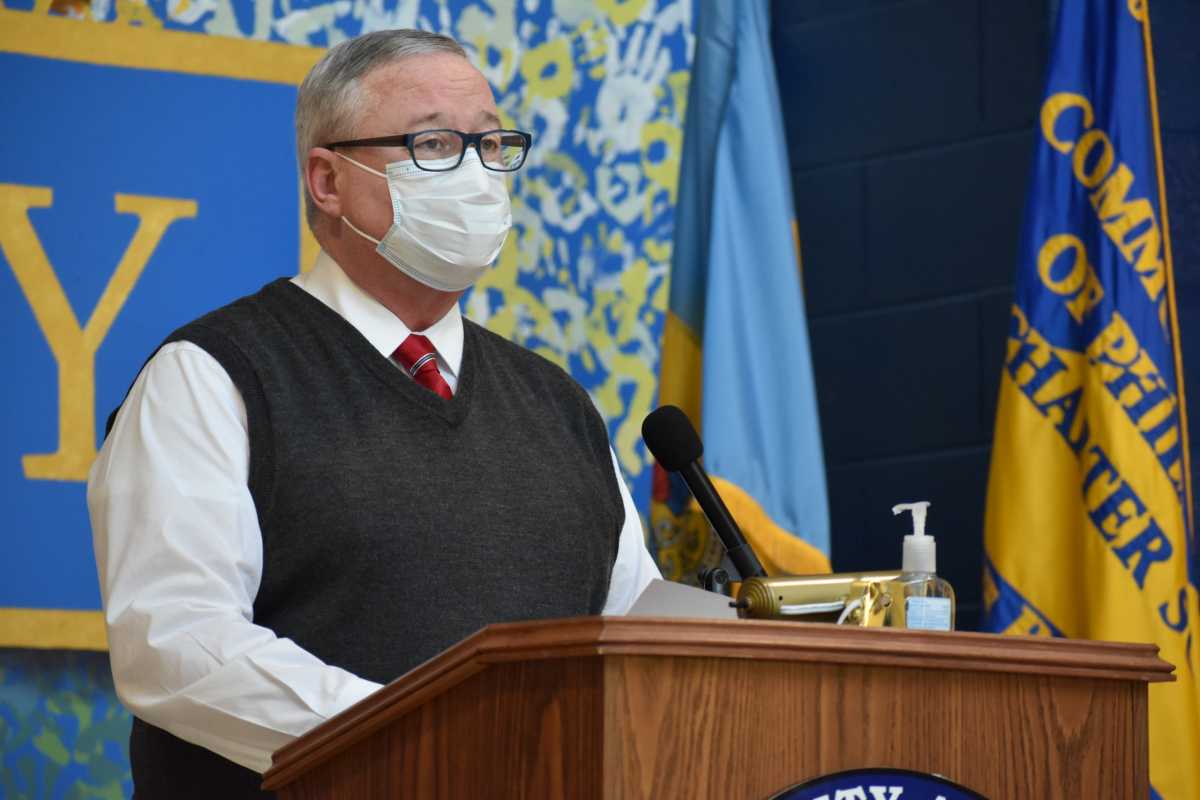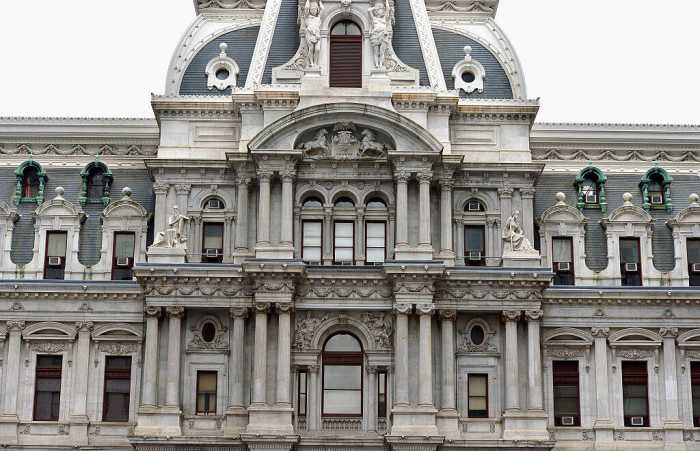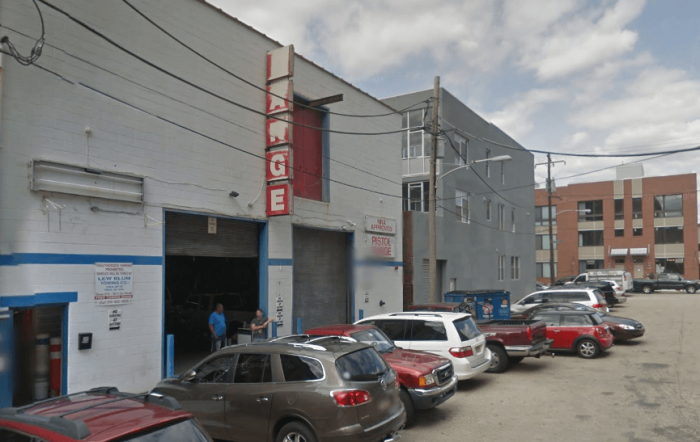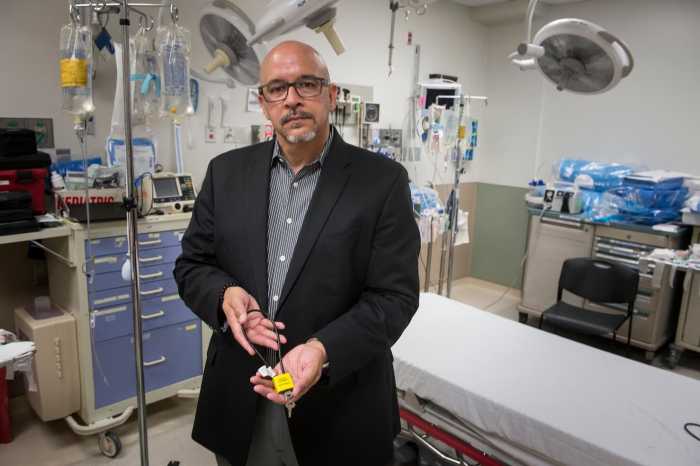City leaders, in light of the continued surge in gun violence, released a plan Wednesday that they hope will lead to a 30% reduction in homicides and shootings over the next two years.
It would be a dramatic turnaround. After a near-record high in 2020, Philadelphia has recorded 142 homicides this year, an increase of 35%, and non-fatal shootings are up 43%.
Mayor Jim Kenney, when he presents his budget proposal Thursday, will call for an $18.7 million increase in spending on anti-violence programs. A total of $35.5 million would be allocated for such initiatives.
“We are doubling down on our commitment to tackling gun violence as a public health crisis,” Kenney said during a briefing Wednesday. “It’s not just a law enforcement issue.”
The funding isn’t just restoring cuts from the current year’s budget, which had to be significantly curtailed due to COVID-19-related fiscal shortfalls, officials said. There are new investments, Managing Director Tumar Alexander added, as well as a realignment of some resources.
Kenney has blamed the pandemic, and the resulting breakdown of the court system, for the increasing levels of violence, noting other cities have also seen spikes.
His administration’s anti-violence plan, dubbed the “Roadmap to Safer Communities,” came out in 2019, and key aspects of the strategy were supposed to be implemented last year.
Erica Atwood, Kenney’s senior director for criminal justice and public safety, said her office “had to pull back the reins a bit” because of virus protocols. A 16-page document released Wednesday serves as an update to the Roadmap.
“With every strategy, you need to reassess,” Atwood said. “Given the apocalypse that we experienced in 2020, we realized that we really need to see where we are.”
The revised plan proposes an additional $1.3 million for Group Violence Intervention and the Community Crisis Intervention Program for the 2022 fiscal year, which begins July 1. Both programs aim to reach people who may be involved in gun violence and calm neighborhood tensions.
Officials said the goal is to offer services to everyone known to be at high risk of being the victim or perpetrator of a shooting by 2023. Last year, anti-violence workers contacted 64% of that population.
Another part of the strategy is to provide support to 100% of shooting victims or their families within 10 days of a shooting and enroll them in a program within a week of them expressing interest.
Kenney’s administration is also planning to earmark $13.2 million in the upcoming budget to improve how the Philadelphia Police Department interacts with residents experiencing mental health issues.
Under the initiative, 911 operators would receive enhanced training, and a pilot program will pair up patrol officers with a behavioral health professional on certain calls.
The city is considering launching another pilot program based on a jobs initiative that has been successful in Chicago, officials said. It aims to quickly employ people who are involved in street life.
Another part of the Roadmap is an extra $1.3 million to remediate blighted buildings and clean up vacant lots.
Atwood said the Kenney administration is also preparing to set up a neighborhood resource center to help people coming out of jail.
In effort to prevent a summer spike in youth gun violence, Kenney said the city will be reopening pools this summer — they were closed in 2020 — and expanding programming at recreation centers and libraries.
From the police side, there will be a concerted effort to decrease crime in pinpoint zones, 45 small areas that have been identified as crime hotspots.
So far this year, homicides are down 23% from 2020 on the Operation Pinpoint blocks. Shootings are up 5% in the zones, compared to 43% in the rest of the city.
City Council leaders on Tuesday released their own agenda comprised of several initiatives they believe will drive down the violence.
It focused on job and workforce development programs, some of which have already been approved, though there were some new suggestions, such as bringing back curfew centers, which were deployed in the early 2000s under Mayor John Street.
The agenda lays out the priorities Council will have as it enters into budget negotiations with Kenney, said Joe Grace, a spokesperson for Council President Darrell Clarke.
After Kenney formally introduces his budget Thursday, Council will hold a series of hearings on various aspects of the plan. Any spending increases must be approved by Council.



























